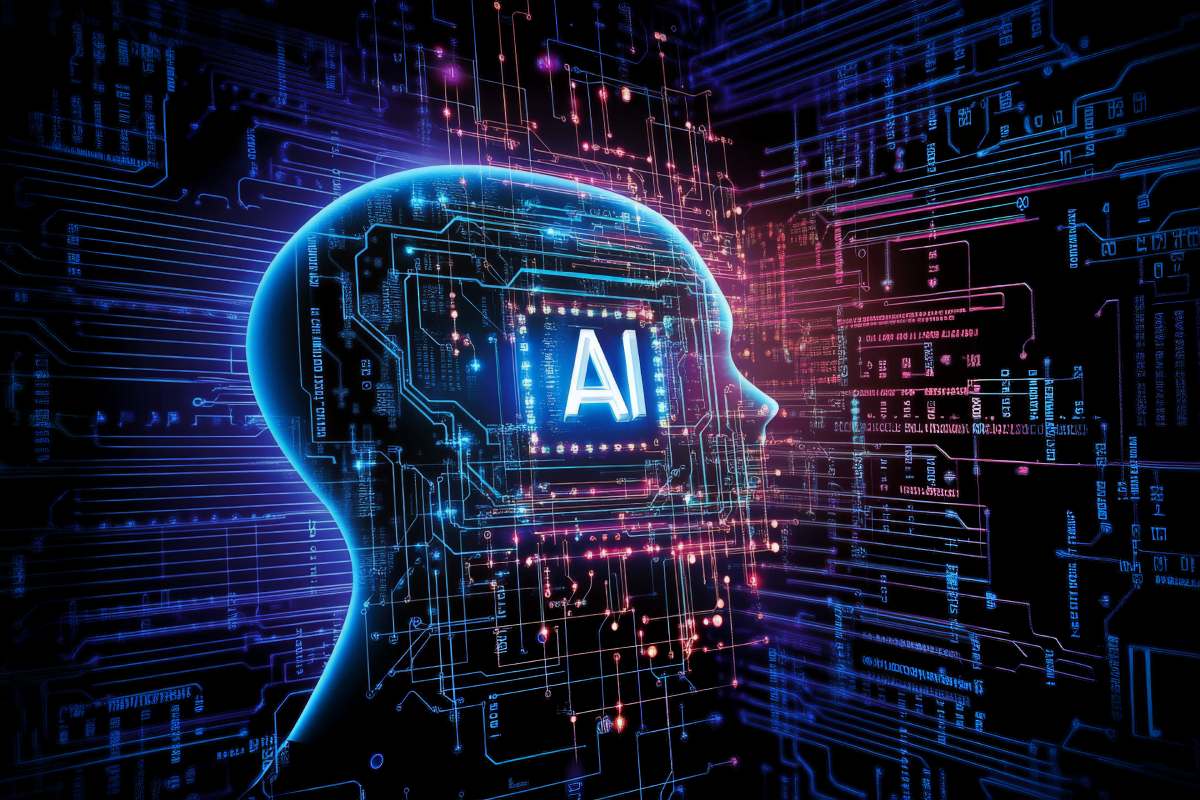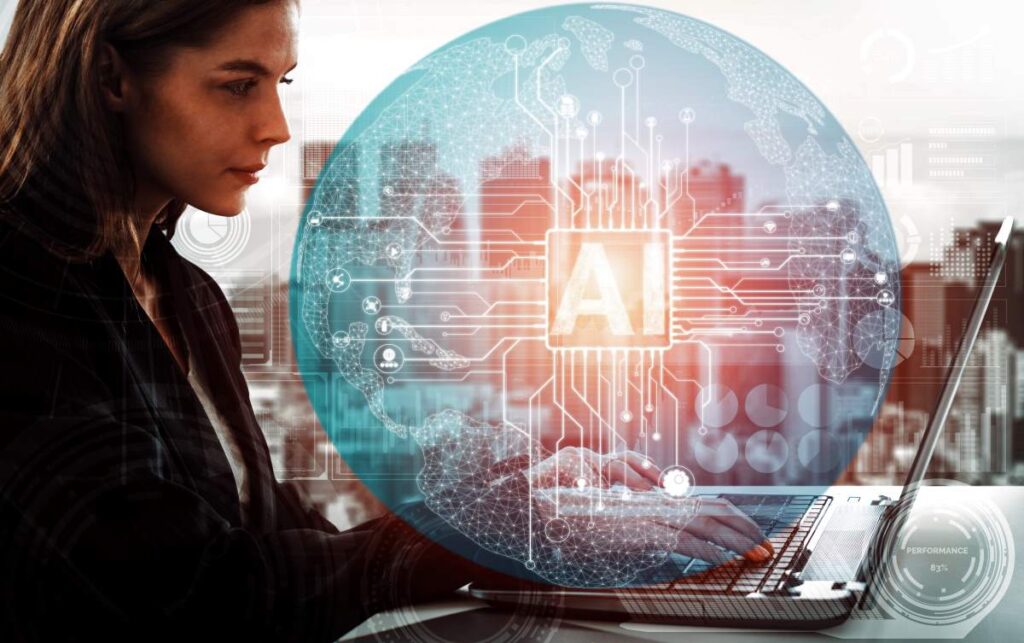Artificial Intelligence Becomes a Standard in Development Environments
By 2025, artifical intelligence has transitioned from a novelty to a fundamental part of the software development workflow. Most integrated development environments (IDEs) now come with built-in artifical intelligence assistants that provide real-time support to developers. These tools offer intelligent code suggestions, syntax corrections, and context-aware recommendations, helping streamline even the most complex programming tasks. The integration is so seamless that AI is now seen as a default companion in coding rather than an optional plugin. This shift has enhanced productivity across teams and reduced the cognitive load on developers.
Natural Language Coding Accelerates Development
Natural language processing has significantly advanced, allowing developers to describe what they want in plain English and receive working code in return. Instead of manually writing long lines of boilerplate code, developers can now focus on logic and goals. AI interprets intent and turns it into executable code blocks, making programming more accessible to non-experts as well. This evolution is blurring the line between developers and domain experts, enabling collaboration on software projects across different disciplines.
Customization and Context-Awareness Improve Accuracy
AI tools in 2025 are no longer generic; they adapt to specific projects, coding styles, and organizational practices. Developers can train models to understand their preferred patterns, frameworks, and naming conventions. This personalized approach makes artifical intelligence-generated suggestions far more accurate and relevant. Context-aware tools understand the purpose of the software being written, ensuring that suggestions are not just syntactically correct but also functionally appropriate. As a result, code quality has improved significantly.
Artificial Intelligence Aids in Debugging and Security
One of the most impactful changes in 2025 is AI’s role in debugging and security auditing. Artifical intelligence systems now automatically detect and resolve a wide range of issues during coding itself, reducing the time spent on post-development testing. These systems can identify vulnerabilities, memory leaks, and logic flaws in real-time. They also compare code with vast libraries of known security threats and recommend patches before deployment. This proactive approach to debugging ensures more stable and secure applications from the outset.
Artificial Intelligence Powered Learning Platforms Revolutionize Education
For learners, 2025 is a golden age. Artifical intelligence-powered education platforms now provide personalized tutoring experiences. From analyzing coding mistakes to suggesting optimal solutions, artifical intelligence assists students in real-time. These platforms offer adaptive learning paths that change based on individual performance. Visual explanations, gamified challenges, and voice-guided walkthroughs make learning to code engaging and intuitive. The use of AI in education promotes accessibility and encourages diverse participation in tech from a young age.
Collaborative Coding Enters a New Era
Teamwork in software development has been redefined thanks to collaborative artifical intelligence features. Remote development environments are now equipped with shared artifical intelligence agents that support multiple users simultaneously. These agents understand project goals, track changes across teams, and ensure consistent code quality throughout the lifecycle. Artifical intelligence also facilitates better communication by summarizing code changes, suggesting task breakdowns, and offering documentation drafts. This fosters efficiency in distributed teams and improves project management overall.
Conclusion
The coding landscape of 2025 is characterized by a deep and intelligent integration of artificial intelligence. From transforming the act of writing code to enabling smarter collaboration and proactive debugging, AI is influencing every aspect of the development process. The rise of natural language coding, personalized tools, and artifical intelligence-enhanced education is making software development more inclusive, efficient, and secure. However, with great power comes responsibility — developers and organizations must ensure ethical artifical intelligence usage, data privacy, and human oversight. Embracing artifical intelligence in coding is not about replacing humans, but about augmenting human creativity and problem-solving in a fast-paced digital world.



